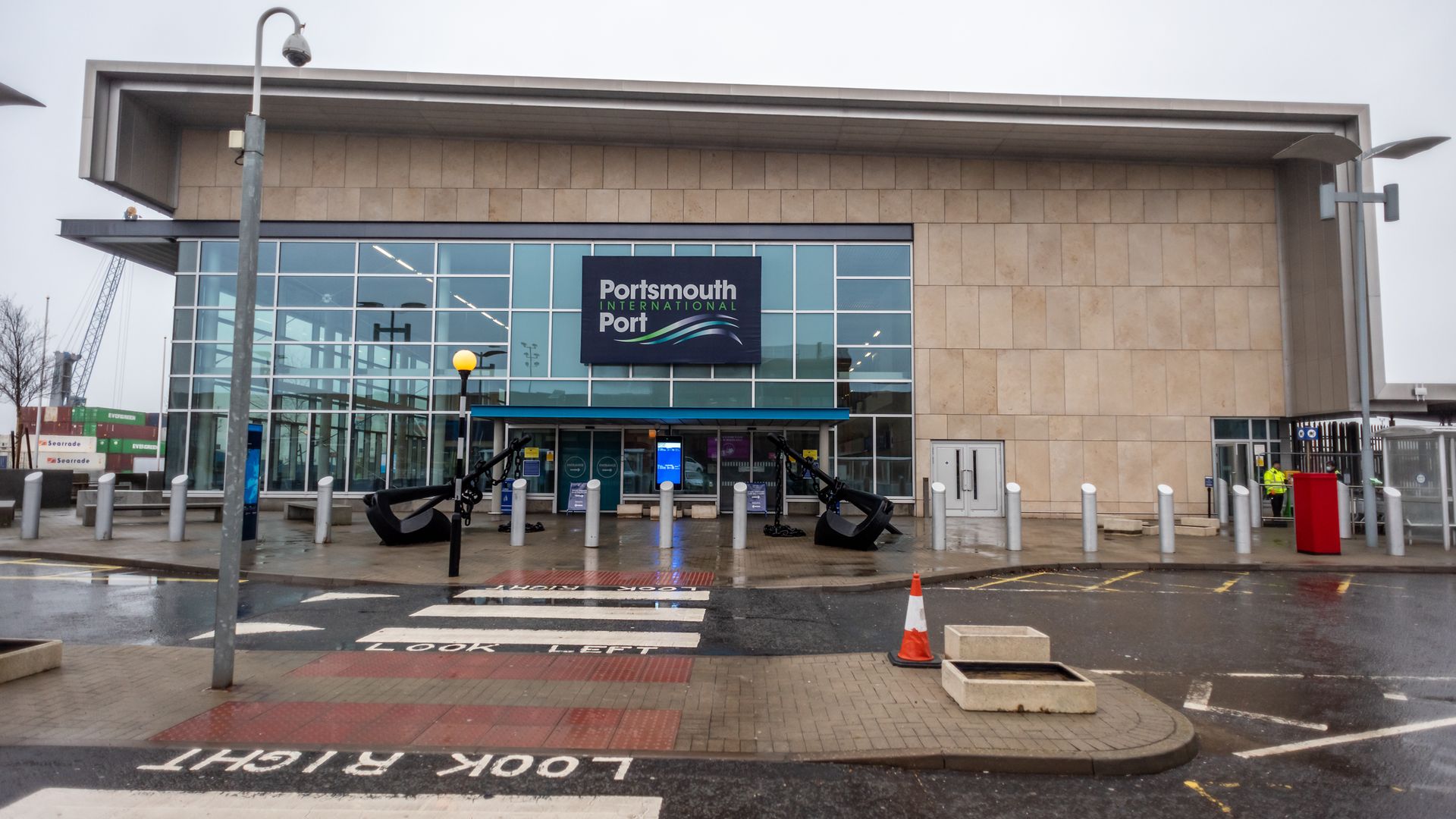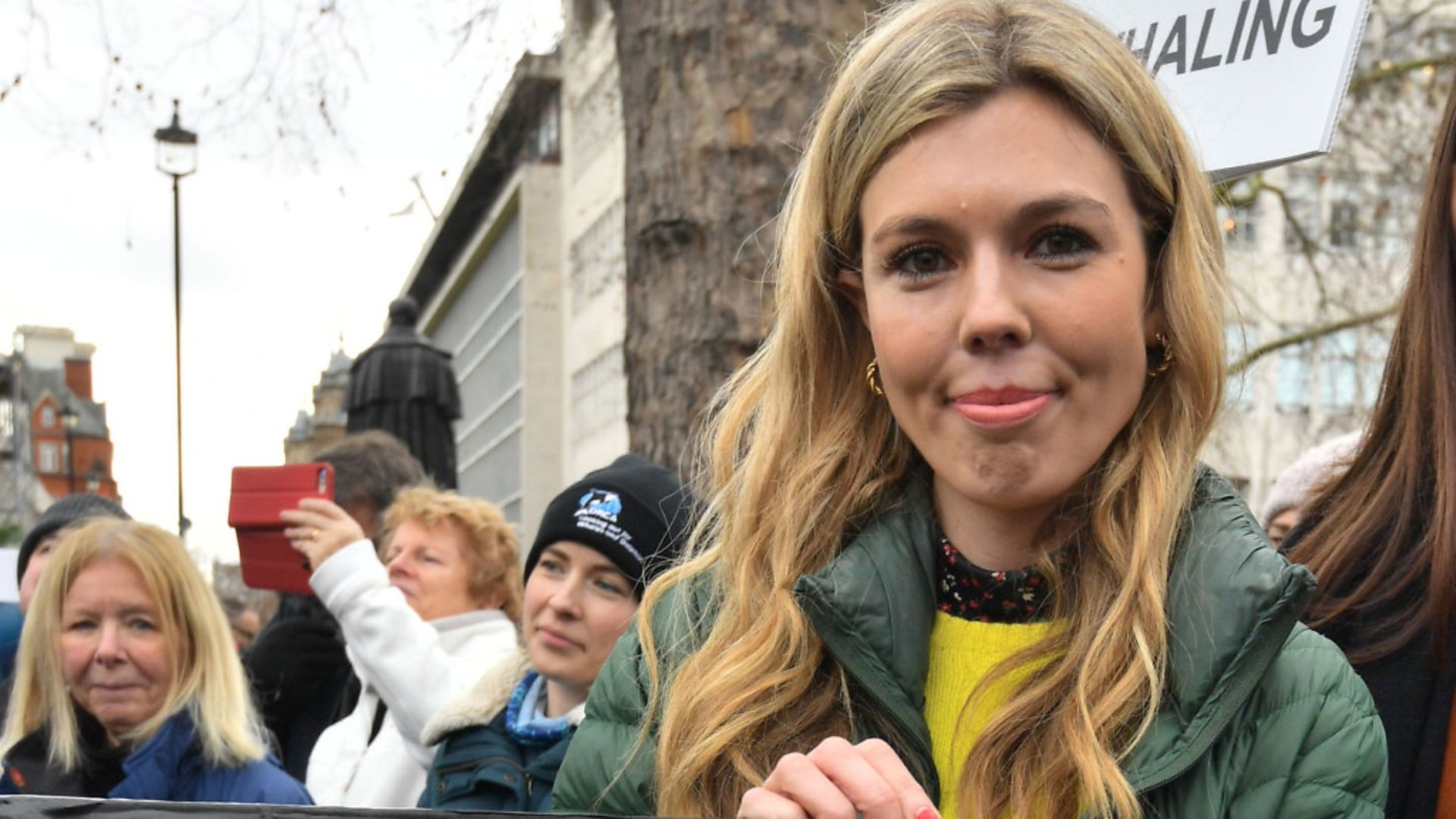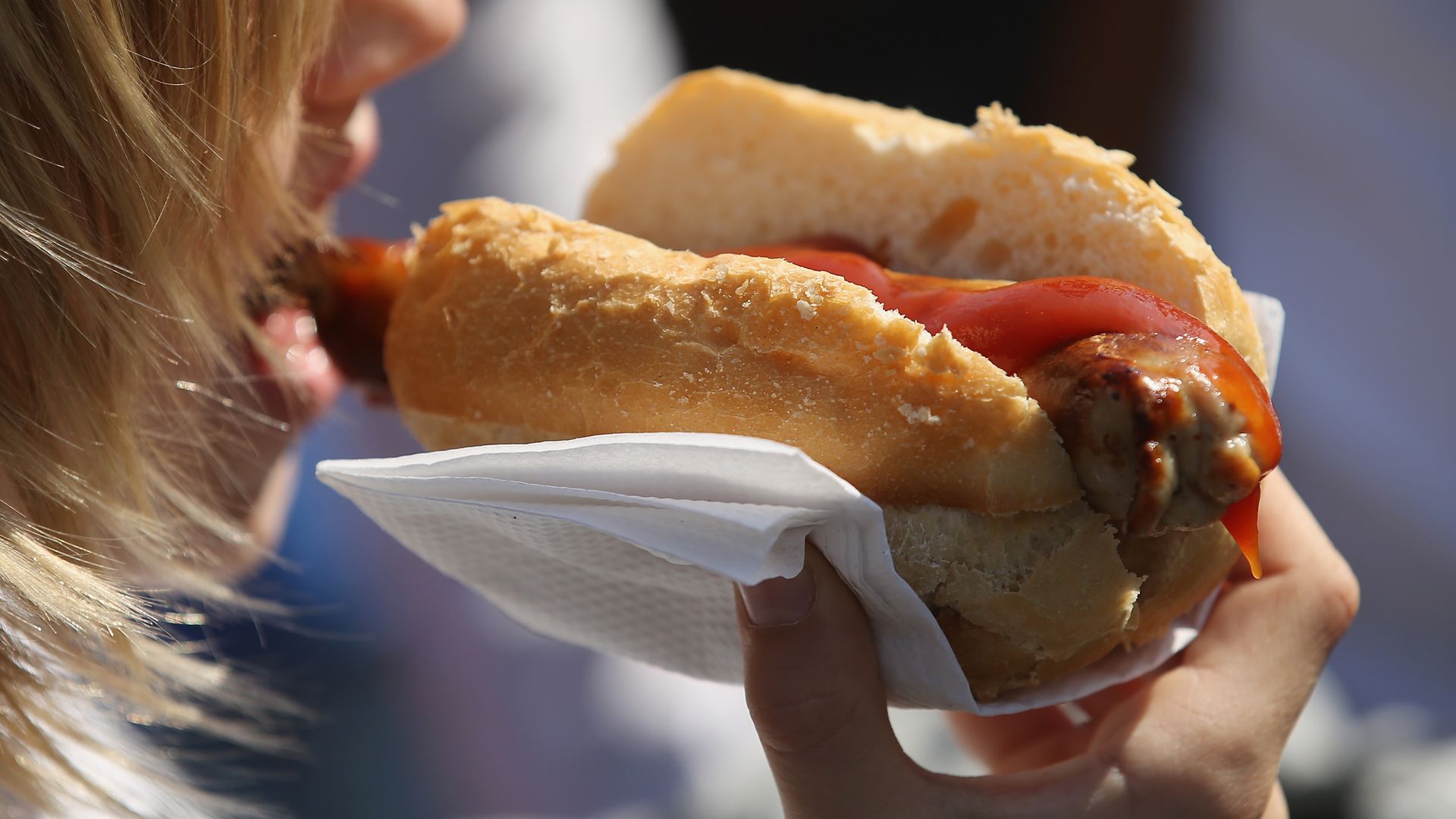It has been a gloomy week on the sunlit uplands of sovereign Britain as fears grow about a new deadline likely to cause more Brexit-driven chaos.
From October 1, animal and plant products being imported into the UK from the EU will require extra paperwork and border checks. An optimistic government spokesman has said they “hope these checks will be smooth and efficient”, but the smoothness and efficiency of the rest of the post-Brexit process so far means those reassurances are being taken with a pillar of salt.
The food industry says higher prices are virtually guaranteed, as European producers pass on the cost of this red tape to British consumers. And they warn too that as just-in-time supply lines are disrupted by the new arrangements, more food shortages could be on the way too.
As for “smooth and efficient”, in Portsmouth attempts to set up a border control post to conduct the new checks are being hampered by a lack of government funding and an absence of knowledge about how much will flow through it.
The city council claims to have been given only £500,000 to cover the costs of 30 new staff, £2million below what is needed. A spokesman told the local paper: “I have some confidence we will be carrying out the checks by October but I can offer absolutely no guarantees about our readiness at this point”.
There is a similar story in Hull and Goole, where the chief port health inspector has warned that because so much imported produce must be distributed on the day it arrives to avoid spoiling: “We are looking at possible 24/7 shift working to enable checks to be completed… If we don’t complete the documentary checks before arrival then we will have immediate backlogs.”
The new arrangements have an extra twist, too. From October 1, both exports and imports of animal products will require inspection and certification from a vet. Worrying, then, that there is a huge shortage of these in the UK at present, for reasons that you might suspect.
Yes, it turns out that we have been reliant on a flow of qualified vets from European countries – between 80-100 a month used to arrive in the UK. But since the end of the transition period, only 20 per month are coming in, leaving us with a significant shortfall just as we need foreign vets most.
How’s that for Brexit smoothness and efficiency?




